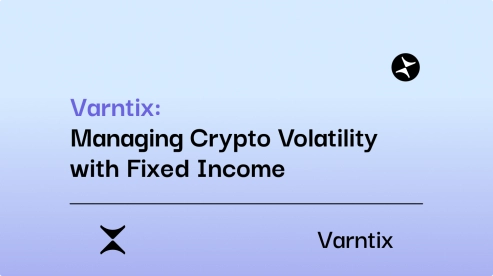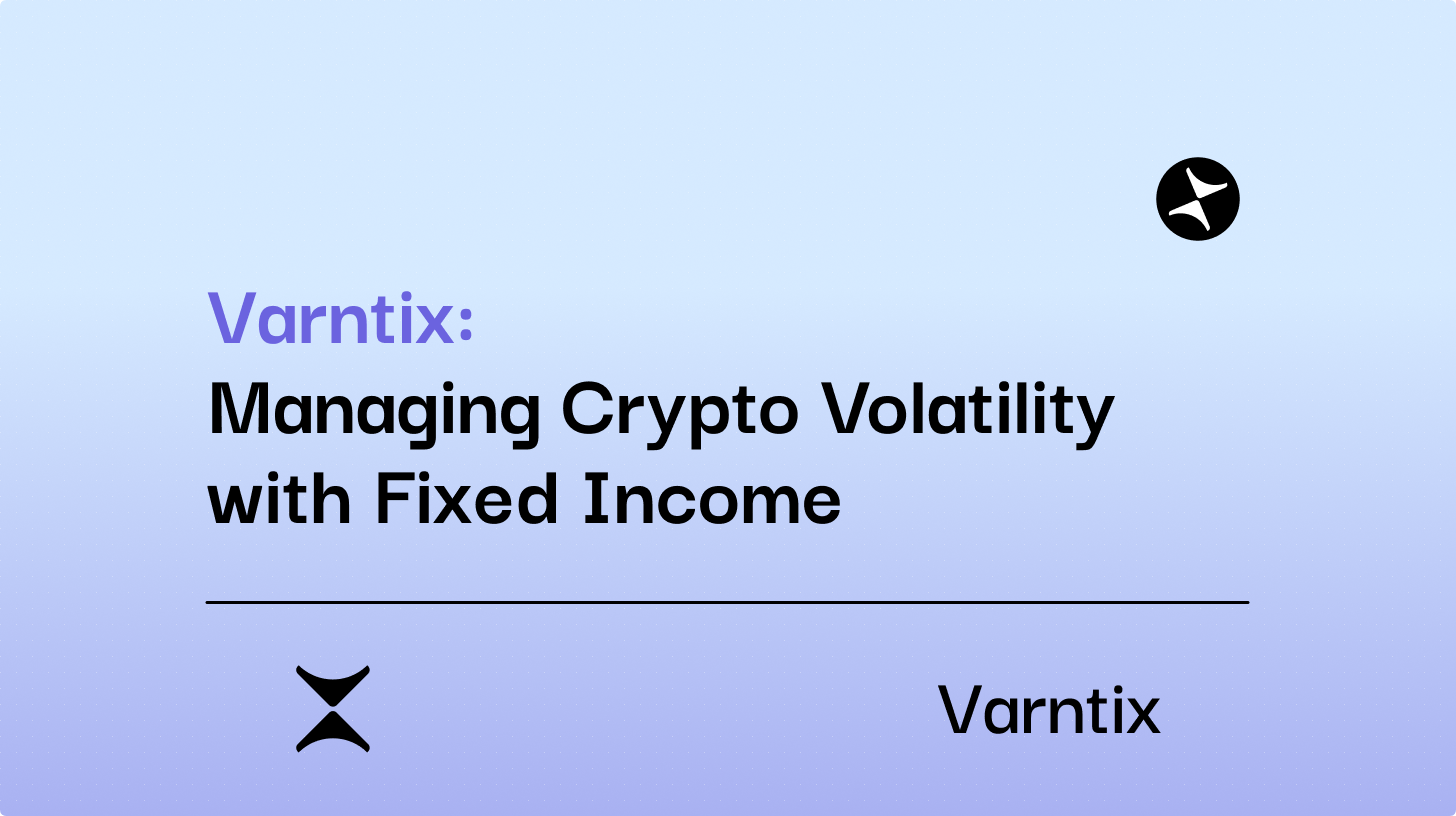Table of Contents
- Manipulation and centralization taint conventional reputation systems
- Fostering trust through reputation
- Metrics and essential components of the Reputation System
- The merit-based system embraced decentralization from the outset
- System components align with current reputation management trends
- The path to fairness and accountability


















